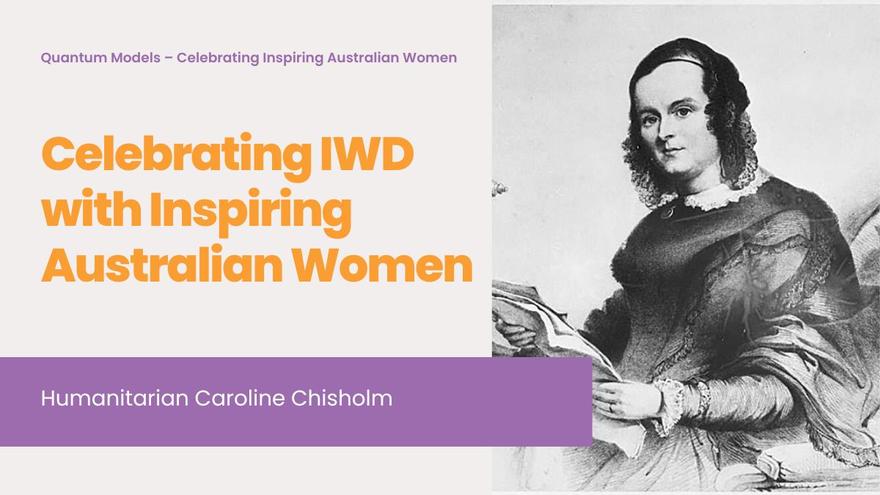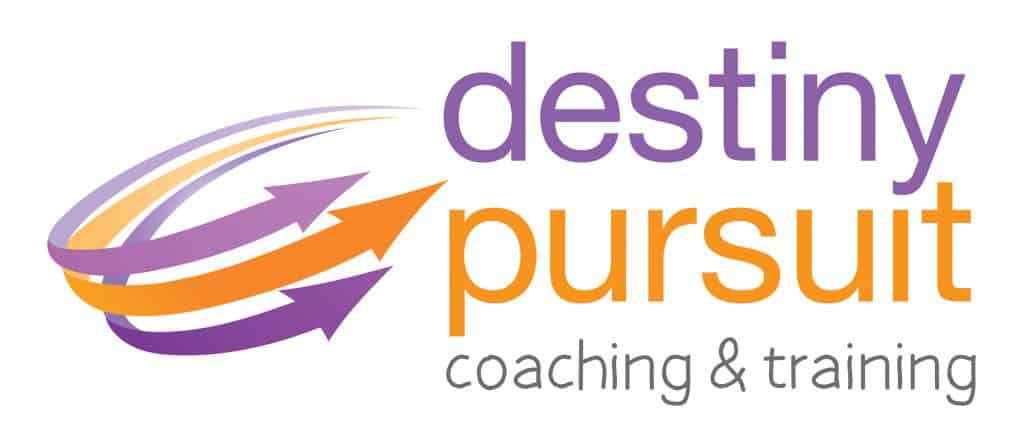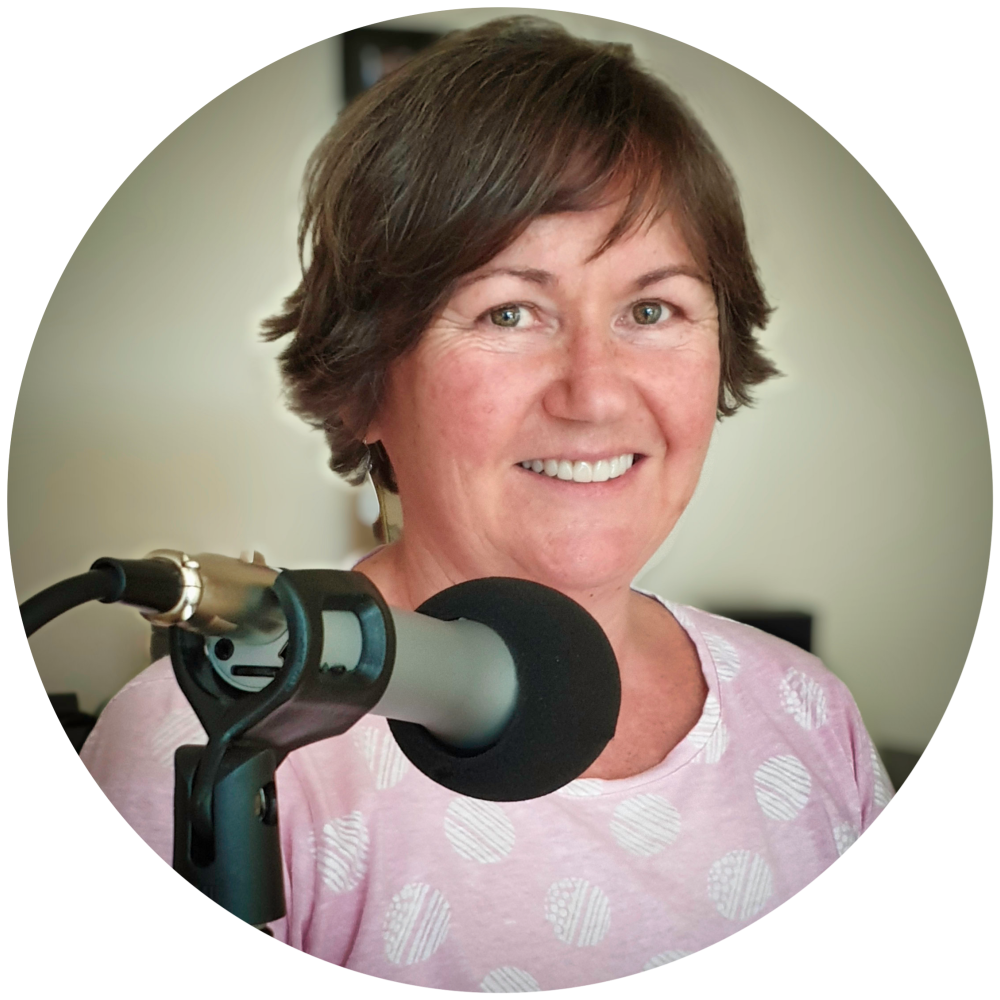Celebrating International Women's Day with Inspiring Australian Women - Humanitarian Caroline Chisholm

Arriving in Australia in October 1838 Caroline Chisholm was quick to notice that new immigrants arriving in Sydney were confronted with harsh conditions. Particularly at risk were the young women arriving with no money, friends or family. Caroline, never one to ignore a need, focussed on unaccompanied young women immigrants who would arrive at Sydney Cove wide-eyed and fearful of what lay ahead. She would study the shipping times and meet each ship at the docks to introduce herself to the young ladies and offer them safe accommodation for their first few nights in this strange land. She was concerned for their welfare and unwavering in her desire to protect them. With no contacts, no prearranged employment and no experience in the world, these women were vulnerable and immediately targeted by men intent on exploiting them and assigning them to lives as prostitutes.
Word of Caroline’s work quickly spread. Her rooms were full and her house soon became too small, but the young ladies were still arriving on ships. She approached Governor Gipps (the Governor of NSW at the time) for assistance. Despite initial strong resistance, eventually she wore him down with her passionately delivered and reasoned arguments. Caroline was finally granted a disused, rat-infested barracks to house the women and immediately went to work soaking bread in arsenic to rid her new haven of rodents. Soon, she was accommodating 100 young women. Amazing!
Caroline quickly worked out the problem she had solved was the tip of the iceberg. And realised why should she stop at just helping young ladies? What about the young unemployed men who, without income, would turn to crime? And the young families who were ripe for the picking by the charlatans and fraudsters who preyed on the docks? All of these were in need of her assistance too.
Rather than viewing the problems of each new emigrant as being specific and individual to them, Caroline started to think “bigger picture”. She recognised the urgency for a more radical approach and action and moved from focusing on helping individuals to taking into account much broader ideas such as the depressed economic situation of the time, high unemployment in the cities and lack of labour in the farming communities where food production was essential to meet the growing demands of the new colony.
Caroline set up a number of other homes in several rural centres and expanded her assistance to families and young men. She established routes into the country for immigrants of all descriptions to find farm work, work as nannies or teachers. She established networks and pathways to employment and housing and provided the much needed certainty these newcomers craved. In seven years Caroline had placed over 11,000 people in homes and jobs.
Never stopping to catch her own breath, Caroline turned her attention to life on board the ships that were transporting the immigrants. Every day she had constant exposure to their stories of mistreatment, cruelty and abuse that occurred on the ships. The more she learned the more she knew she must address this scourge.
At great personal risk, Caroline brought a case to court. In its day, it was one of the most important cases to have been tried. The complainant, Margaret Bolten, had spoken up against the immorality on ship and because of this spent a night in the stocks on deck, freezing in a wet dress and great pain. Caroline compiled the evidence and testimony of witnesses and brought the case to trial. She achieved a great victory. The case was described by the Solicitor General of the day as “one of the most significant cases in the colony so far.”
Caroline Chisholm was remarkable - throughout her lifetime she tirelessly helped 416,000 immigrants. With determination she stood up to governments and demanded more for immigrant families, young women and the unemployed. Her success in delivering better outcomes formed the foundation of our Australian culture. She knew that in order to have the greatest impact, she had to reframe the governments’ views on their responsibilities to immigrants. Her ability to convince others and bring them along with her was a critical factor in the establishment of an Australian society based on civility and care for others. Caroline Chisholm shaped our nation with her vision, attitudes, and relentless adherence to her solid moral code establishing the Australian adage - “a fair go for all”
In NLP the structure of reframing meaning or context underpins every NLP technique. And the power of reframing the context of behaviours is apparent in the work of Caroline Chisholm, a woman who chose to serve us all and in so doing redefined the meaning of cruel and aberrant behaviour, bringing into sharp focus that these matters are “every Australian’s business”.
Make today you day,
Cheers Joanne
Original newspaper clippings on the work of Caroline Chisholm can be accessed here:
http://trove.nla.gov.au/list?id=6482
Joanne Clark
Joanne Clark is an Internationally accredited Master Trainer of NLP who has been delivering NLP training since 2011. Being on her feet in front of training rooms is where Jo loves to be and her passion for inclusive and immersive training that delivers outstanding learning outcomes is apparent to everyone in her training rooms. On average Jo delivers 140 days of training per year in addition to online webinars, guest speaker events and group coaching.
“NLP is at the core of all my training and coaching, it is at the core of who I am, how I interact and connect with people. I am absolutely passionate about spreading the NLP tools across the planet as I endeavour to support Robert Dilts’s vision of Creating a world to which people want to belong.” Joanne Clark
Certified Master Trainer of NLP; Master Practitioner NLP, Hypnotherapy & Matrix Therapies; Performance Coach; Cert IV Coaching; Advanced Practitioner in Coaching; Cert IV in Business; BA(Hons); Majors in Sociology and Psychology; Parent Education Leadership Training (PELT) Certificate; Mother of four children; Private Pilot (PPL); Diploma in Life Coaching


0 comments
Leave a comment
Please log in or register to post a comment